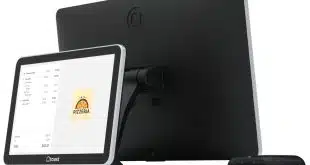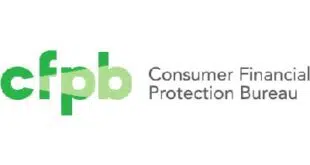By John Stewart
As the holidays approach, retailers and banks can expect to sell more electronic gift cards than ever, if research released Monday by Bankrate.com is any indication. The survey, which covers 60 general-purpose and proprietary gift cards, shows two-thirds are available as e-cards, up from 59% last year.
“That’s been a continuing trend,” Claes Bell, banking analyst at the New York City-based researcher, tells Digital Transactions News. “I do expect we’ll see more of that.” Other research supports that finding. Out of 100 retailers evaluated by Retail Systems Research LLC earlier this year, 82 offered an e-card version, up from 80 last year and from 68 in 2013.
By contrast, Bell says mobile versions, though available from a wide array of general-purpose and retail issuers, are still a specialty product. Just 8% of consumers say they have sent or received a mobile gift card, according to a separate survey Bell says Bankrate conducted in October. “That’s not nothing but it’s still a niche market until there’s wider availability of mobile wallets,” he says. “This is more of a future play.”
With respect to plastic versions, Bankrate also found more issuers attaching security methods to their gift cards so that consumers can more easily replace them. Half of the cards studied offered this protection, up from 35% a year ago. These methods range from PINs, which the general-purpose card issuers generally offer, to card-registration services made available by merchant issuers.
Such services are valuable, Bankrate says, because 25% of recipients lose their cards while they still have value loaded on them.
Ben Jackson, a senior analyst at Mercator Advisory Group who follows prepaid cards, says most of the “lost” cards could actually be cases where people have put the cards aside after exhausting most of their value and then forgotten about them.
Here, the arrival of mobile wallets will help as much as security methods, Jackson says. “I think that as people get used to storing cards in digital wallets, there will be fewer lost cards and that will lead to increased shopping and redemptions at retailers, which is what the issuers want,” Jackson tells Digital Transactions News by email.
Other results from the Bankrate study indicate:
· All open-loop cards charge a fee to users when they buy the card, compared to only 4% of the closed-loop cards. The fees range from $3.95 to $6.95. Overall, 13% of the cards charge a fee, down from 17% in 2014;
· The most common value loaded on any gift card falls in the $25-to-$50 range;
· Just 8% of the cards have an expiration date, which applies to the physical card, not the underlying funds.
Among the 60 cards studied, open-loop products included American Express Co., BMO Harris MasterCard, Fifth Third Bank MasterCard, KeyBank MasterCard, U.S. Bank Visa, and Wells Fargo Visa. Closed-loop issuers included retail, airline, restaurant, and petroleum companies.





